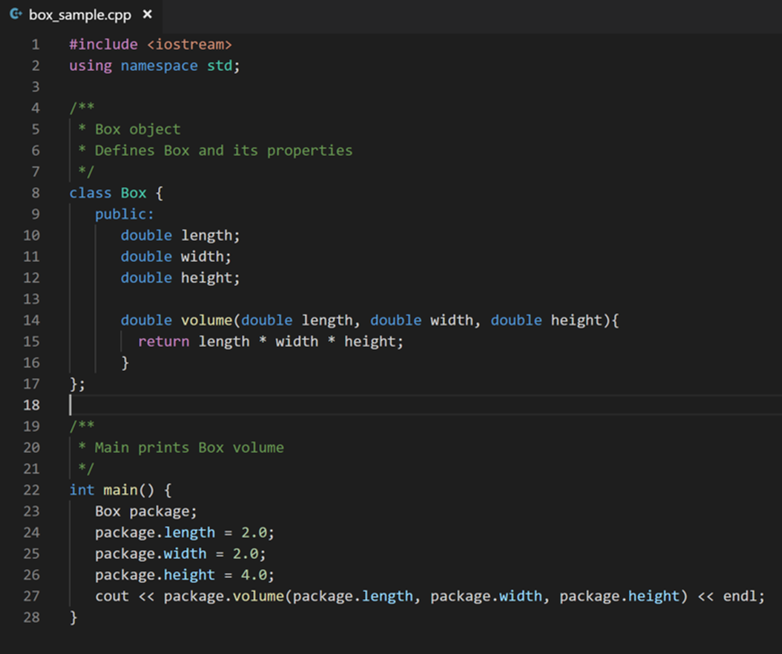C++
C++ is a high-level, general-purpose programming language that was created in 1983 by Bjarne Stroustrup. It was designed to be an extension of the C programming language, with additional features for object-oriented programming and generic programming. One of the key strengths of C++ is its performance. It is a compiled language that can produce highly efficient code, making it a popular choice for building applications that require high performance, such as video games, operating systems, and scientific simulations. Another strength of C++ is its versatility. It supports a wide range of programming styles, including procedural, object-oriented, and generic programming. This makes it a flexible language that can be used to build a variety of applications, from low-level system programming to high-level user interfaces.

C++ also has a large and active community of developers who contribute to open source projects, provide support, and develop new tools and libraries. This makes it easy to find help and resources when working with the language. One of the challenges of C++ is its complexity. It has a large syntax and many advanced features, which can make it difficult to learn and use effectively. However, many developers find that the benefits of C++'s performance and flexibility outweigh the challenges. Overall, C++ is a powerful and widely used language that is popular for building high-performance applications. Its versatility, community support, and efficient code make it a popular choice for developers who need to build complex systems that require high performance.